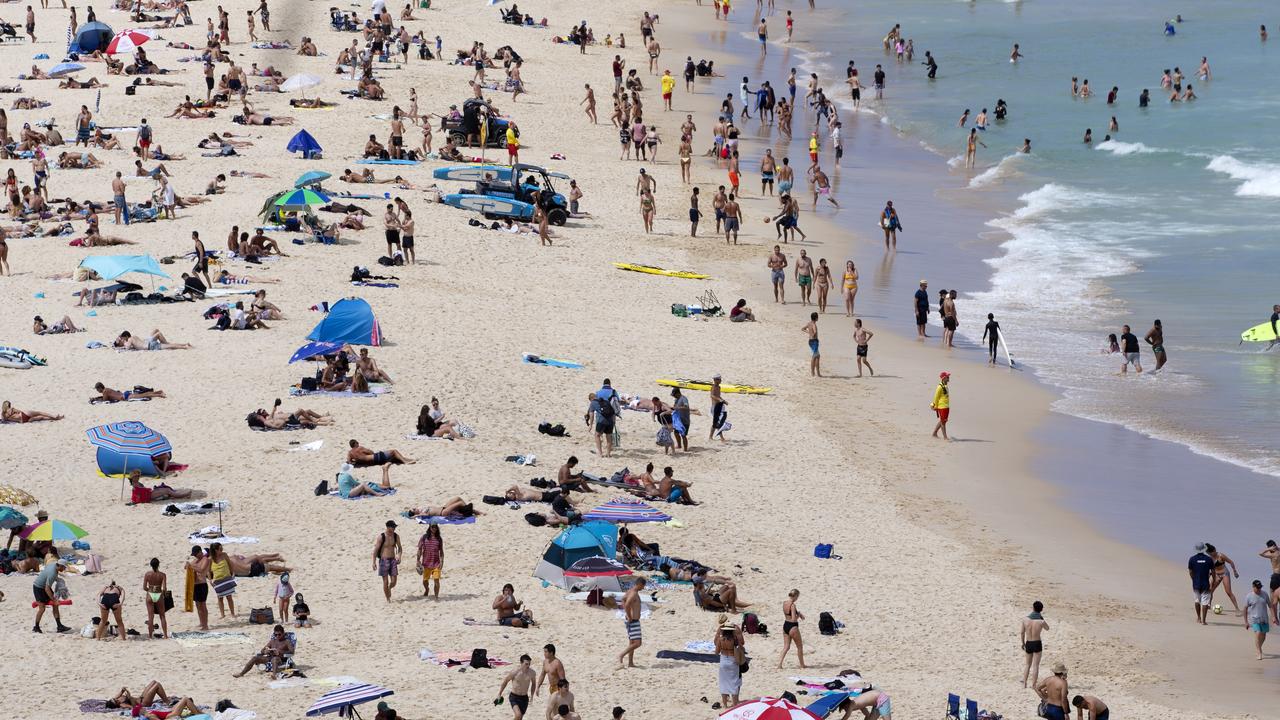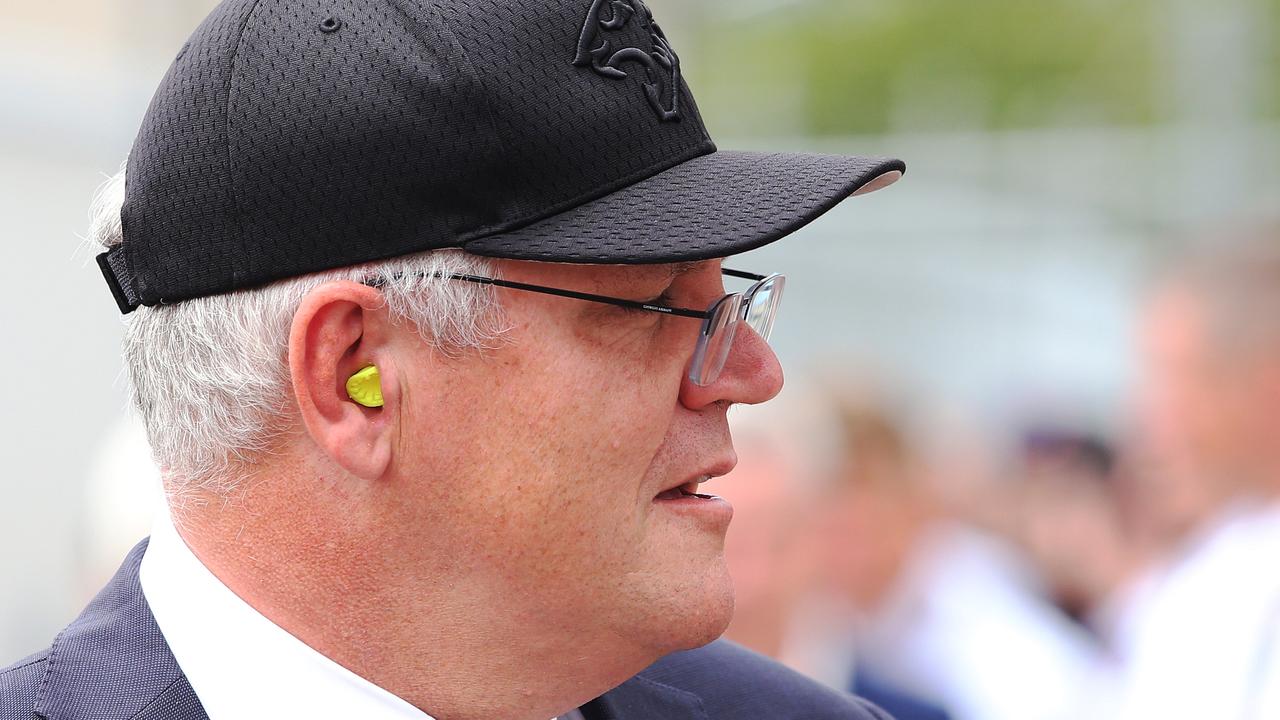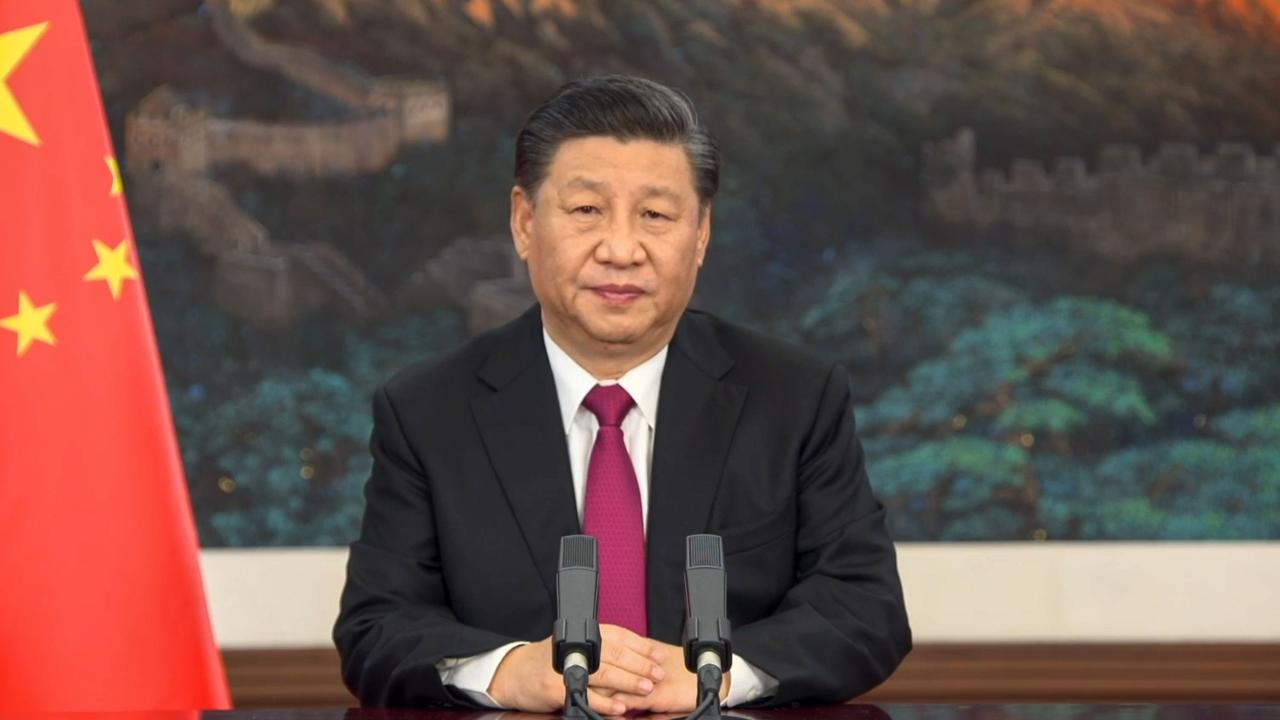Australia eviscerated in savage South China Morning Post column
Australia has been blasted as a nation with an “identity crisis” with “anxiety” about the world in a savage column in a foreign paper.
Australia is a nation in the midst of an “identity crisis” with “anxiety about a rapidly changing world”, a columnist for a Hong Kong-based newspaper has written in a scathing editorial piece.
Financial expert Winston Mok said the Australian Government had made “unwise” decisions that had “alienated” China – such as taking the lead in boycotting Huawei and its call for an international inquiry into the origins of COVID-19 – but suggested we face much deeper problems as a nation.
“Are there deeper structural forces at work in Australian society? Compared with the US, UK and Canada, Australia has made little progress on diversity in government, business and the media,” he wrote for the South China Morning Post.
“Beneath the social values of maintaining ‘the Australian way of life and culture’ lies anxiety about a rapidly changing world – at home and abroad.”
RELATED: Poster reveals China’s big fear

RELATED: Fury over ‘whitewash’ WHO virus investigation
He argued “American influences have replaced Britishness” in Australia, with the US accounting for more than a quarter of all foreign investments here.
By comparison, China is number nine on the list of nations that invest in Australia – making up just two per cent of total overseas investment. Even Luxembourg, a nation on the other side of the globe with just 600,000 residents, has a bigger stake.
As a result, Mr Mok argued Australia is living in a “bipolar world” as it relies on China for trade but becomes ever closer to the US in every other way.
And, he warned of repercussions for everyday Australians.
“One way out is for Australia to diversify its trade away from China. To achieve that, Australia may need to become like a combination of Israel and Singapore,” he wrote. “To maintain their high standard of living, Australians would have to work harder and smarter.”
Meanwhile, a former public service chief here in Australia has offered a similar warning, saying Australia has been left in an “uncomfortable” position because of the recent communications meltdown between Beijing and Canberra.
The Australian Financial Review reports comments from Martin Parkinson at a conference yesterday, in which he said that simplifying the geopolitical situation as a “choice” between cosying up to either the US or China was “actually really dangerous”.
RELATED: China’s brutal plan to ‘break’ rival

RELATED: Australian journalist arrested in China
“It’s not how we choose, it’s how we balance,” Mr Parkinson said. “You can disentangle parts of the West and parts of the Chinese economy where there are particular sensitivities. For Australia, we’ve got to get a lot more sophisticated.
“If we don’t get to that situation, how do we actually manage our way through this? Other countries in our region manage to have differences with China but keep open communication channels with China.”
He argued that although Australia has made noise about the right issues in China, the way the government has communicated its concerns have left us in an uncomfortable position.
Professor Jane Golley from the Australian National University previously told news.com.au the tensions between Australia and China run a lot deeper than the events of last year alone.
She said things really started to head south between Australia and China back in 2012.
It was then that a single Australian act planted a seed that has dogged the relationship ever since.
That year, we banned Chinese-owned tech giant Huawei from participating in the NBN due to concerns about cyber attacks.
Salt was rubbed in the wound again six years later when the Federal Government banned Huawei from taking part in the rollout of 5G mobile infrastructure, again over national security concerns.
Things took a another plunge after revelations of ASIO reports into foreign interference in 2017, which resulted in the introduction of a new Foreign Interference and Espionage Act in 2018.

“That’s one of the big ones,” Prof Golley said. “China was really unhappy with that.”
There were moments over the years where the perception was that things were getting slightly better, like when Mr Morrison met Xi Jinping at the G20 and APEC summits in 2019.
However, the relationship hit a new low last year leading to a trade stand-off that may not just be costly for Australians.
The Australianreports that China’s ban on the importing of Australian coal was already having dire consequences.
It reports that as a consequence of the move, buyers in China have had to pay steep premiums for imports from much farther afield and prices that have risen 84 per cent since mid-year.
“Coal buyers are on tenterhooks watching the import market,” the China Coal Transportation and Distribution Association, which represents importers, said in a statement. “It’s been hard to replenish low coal inventory and shortages, while demand is unabated.”




